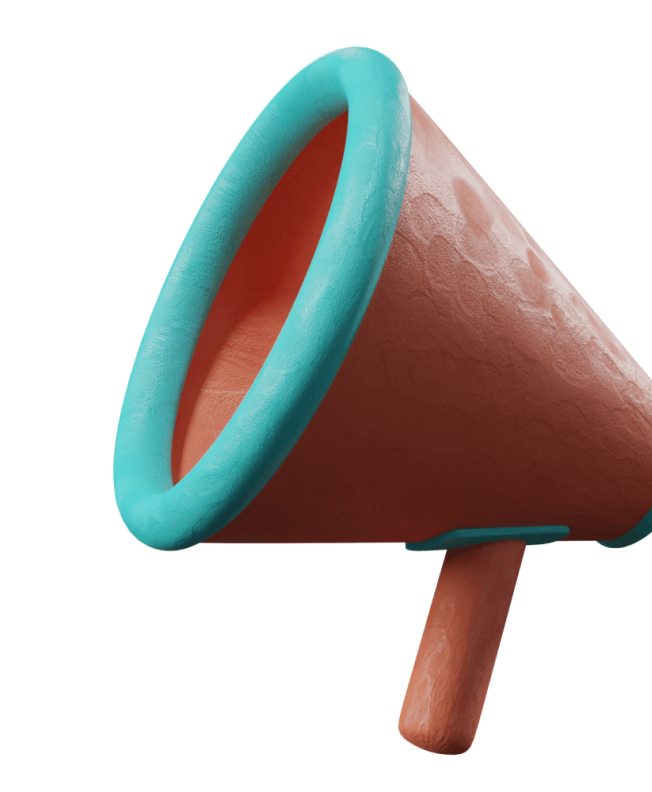
by Google
Social networks have a great influence on communication, perception of the world and the formation of our identity. Thanks to social networks, you have the opportunity to communicate with thousands of people, information spreads in large quantities and ever faster, which is why the world can seem smaller and smaller to you.
The biggest change in the way of communication is clearly brevity. When Twitter (now X) came out with a 140-character limit in a post, people asked how it was possible to express themselves in a few words. Gradually, people learned this and adapted their expression to short sentences and paragraphs.
In addition to communicating briefly, we often use images, gifs or emojis to express ourselves. All of this can have an impact on how we have longer, deeper, and more personal conversations in real life. Here are some other points where psychology influences our behavior on social media:

Why do we like to like, comment, and share?
Likes and comments are designed to maintain relationships and increase interactions between people. With these “gestures,” we express belonging and support for other users. In many cases, we give out likes because we feel like we want to give them back to others. Comments have more power than it might seem at first glance, because they can influence the opinion of the author of the post, or, in the case of a brand, increase its credibility.
By sharing other posts, we express our attitudes, opinions, and convey information, which is an impulse that we as humans are strongly connected to. In addition to strengthening relationships, interactions can also change the algorithm, which you can read more about here ⬇️.

Identity Development
People, especially at a young age, are to a large extent influenced by the content they see on social networks. They can join various social groups with common interests and thus create their identity. For adolescents, they represent a kind of safe home where peers understand them, have common topics and can express themselves safely. In addition, sharing content and maintaining contact with friends is also part of creating an identity on social networks.
The digital world can also be an unpleasant place, where young people encounter cyberbullying, anxiety or comparisons. Social media therefore offers a unique opportunity to find and develop one's identity, but it is important that they are guided and supported in their use to avoid potential risks.
Dopamine and addiction
The factors mentioned above can influence our addiction to social media. Positive feedback from followers can be addictive because it triggers dopamine receptors in the brain, which give us a sense of reward.
These dopamine boosts can create an addiction in us and make us not want to do anything else. Among other things, this can lead to comparing, for example, the number of likes or the quality of content. There is nothing wrong with rewarding your brain with a quick dopamine hit, as long as you are aware of it and know how to control it.

Don't worry, it has its positives too
Social networks also have positive sides. The first of these is finding like-minded people or people with common interests. Another positive is keeping in touch with family and loved ones who have moved away, especially through video calls or sending photos and messages.
Social networks can also help you with education. There are many creators who create interesting and engaging content that will teach you something new or give you tips that will help you in your studies or writing final papers. Developing creativity or motivation is also among the positive effects of social networks, but it is important to follow the right creators and set the algorithm well.
As we have already mentioned, social networks change our communication in both positive and negative directions. Despite the challenges they bring, do not be afraid to use them and use their potential to enrich your life. If used responsibly and with awareness of their effects, they can help you with your education or development of your creativity. Join groups with common interests and stay in touch with your loved ones. Good luck!







